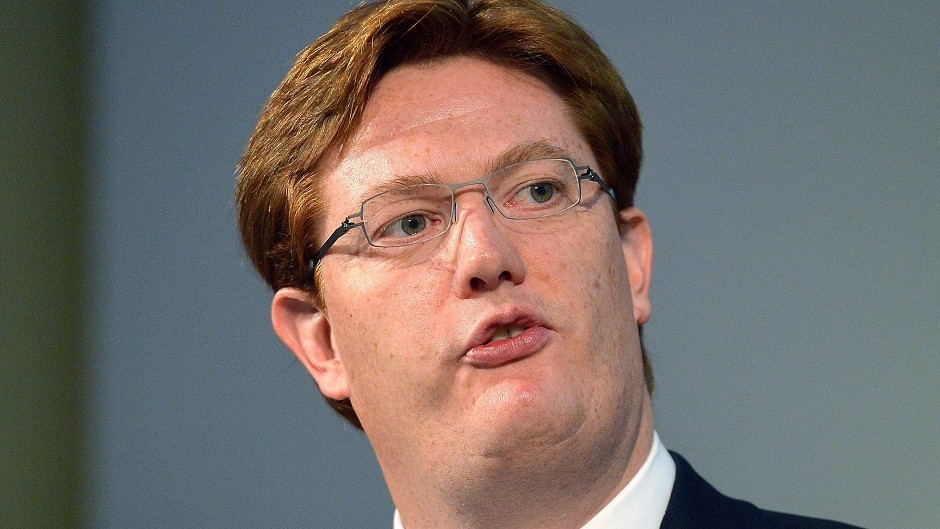Devolution of North Sea revenues would be “pretty disastrous” for the oil and gas industry, Danny Alexander has claimed.
The Liberal Democrat minister said that leaders in the offshore sector had warned him against any move that would mean “fragmenting” the tax regime.
The Scottish Government has called for full fiscal devolution as part of the Smith Commission deliberations on more powers for Holyrood.
Patrick Stevens, tax policy director at the Chartered Institute of Taxation, told MPs last week that petroleum revenue tax would be a “good candidate” for transferring to the Scottish Government.
However, a study by the Fiscal Affairs Scotland think-tank has warned that devolving powers over North Sea revenues could leave Scotland with a £5billion budget deficit as reserves run low.
Mr Alexander told the Press and Journal it would be the “wrong” option for the industry.
“I’m not in favour of that. Devolving the energy tax regime is not part of the Lib Dem plan,” he said.
“The views I get back from the industry is that fragmenting the regime at this time, having a whole lengthy hiatus while devolution took place and then consideration was given to different tax regimes in different parts of the North Sea, would be pretty disastrous.
“We are at a time when the focus has to be on stability and getting the incentives for investment right, and getting all the different pieces – the cost reduction, the regulator, the fiscal regime – all aligned to get the best out of the North Sea.
“We’re at a critical phase.
“It is up to Lord Smith to consider all the ideas and come forward with recommendations, but my strong view would be that would be the wrong thing to do from the perspective of investment.”
